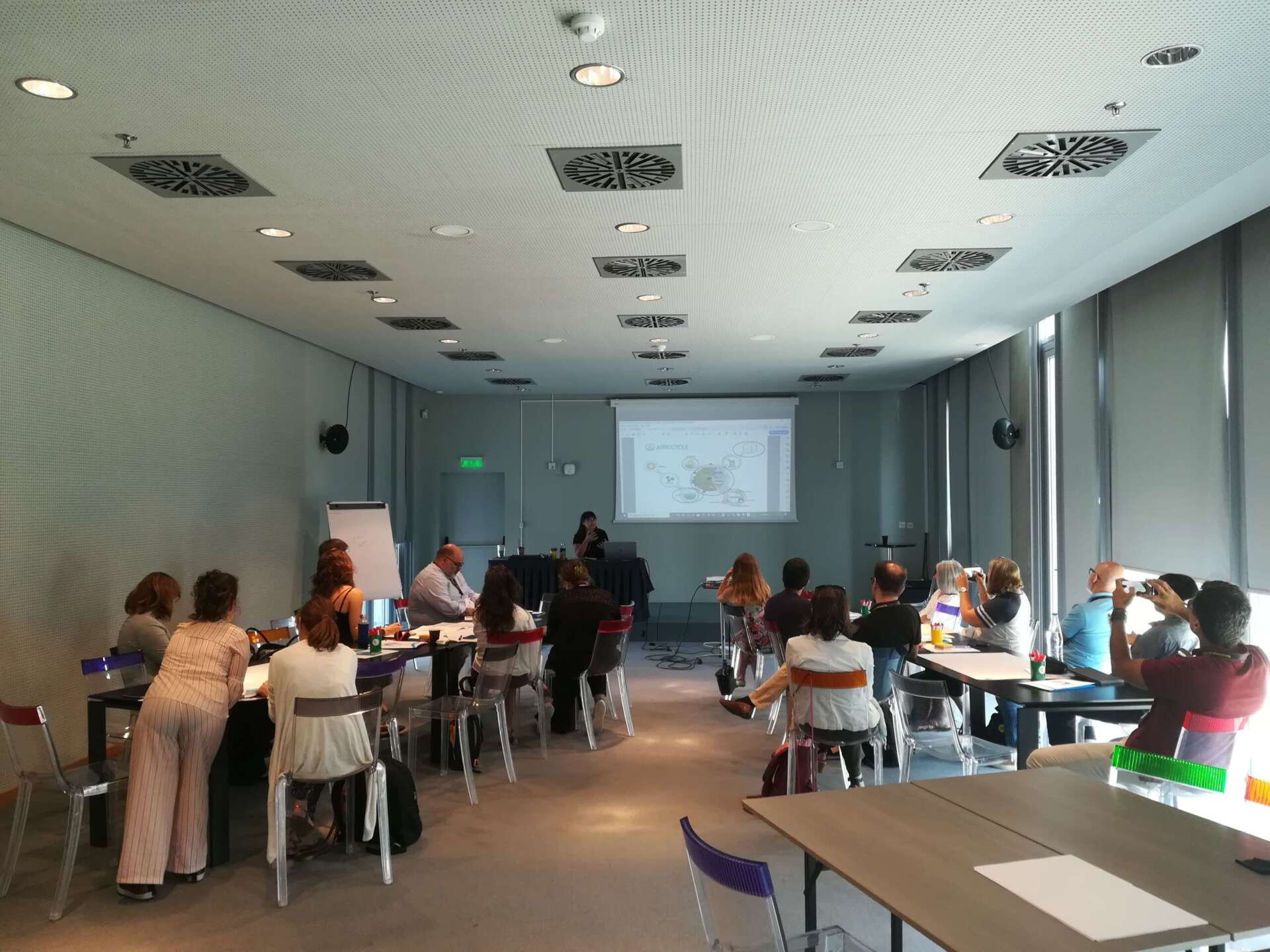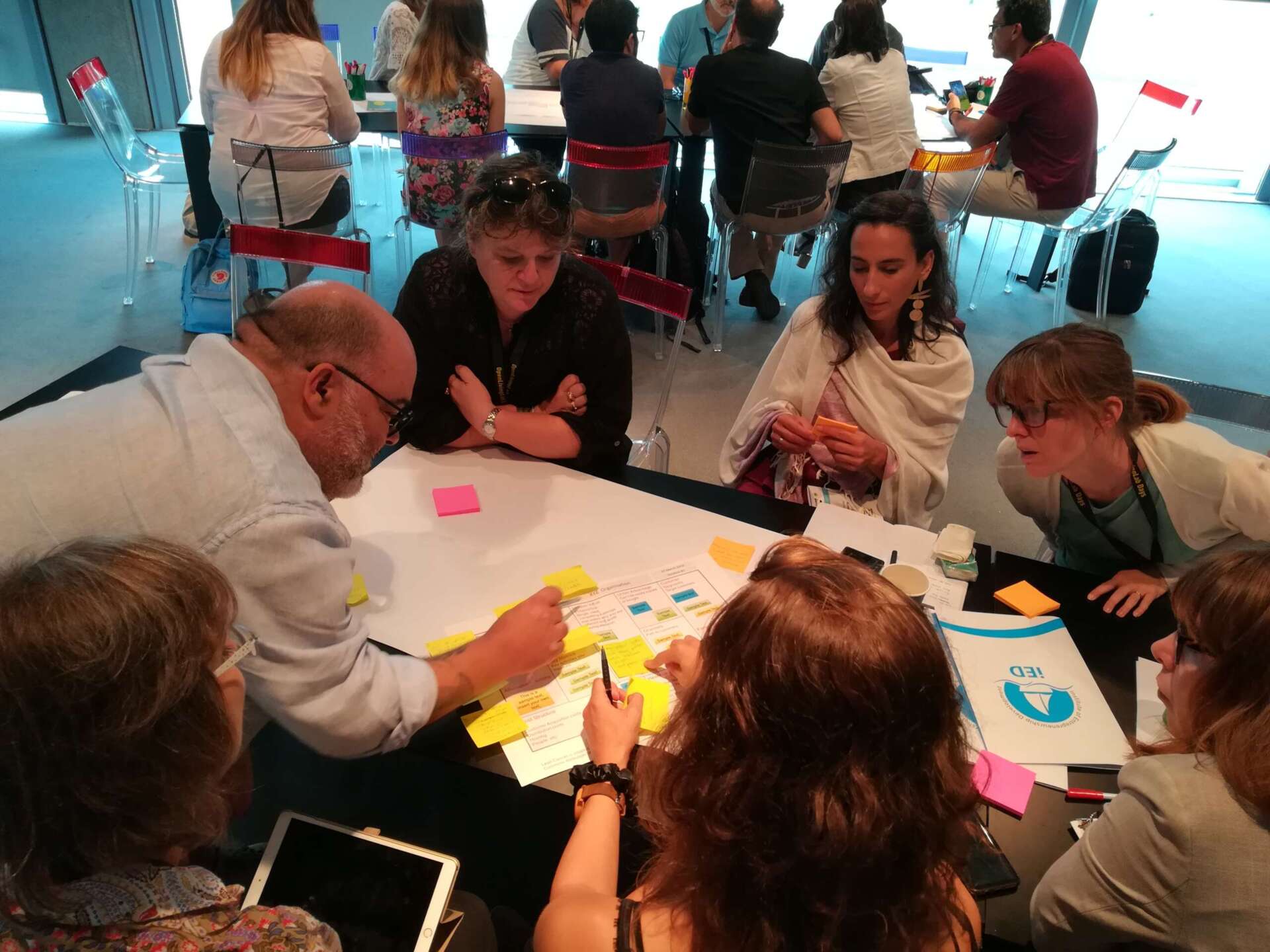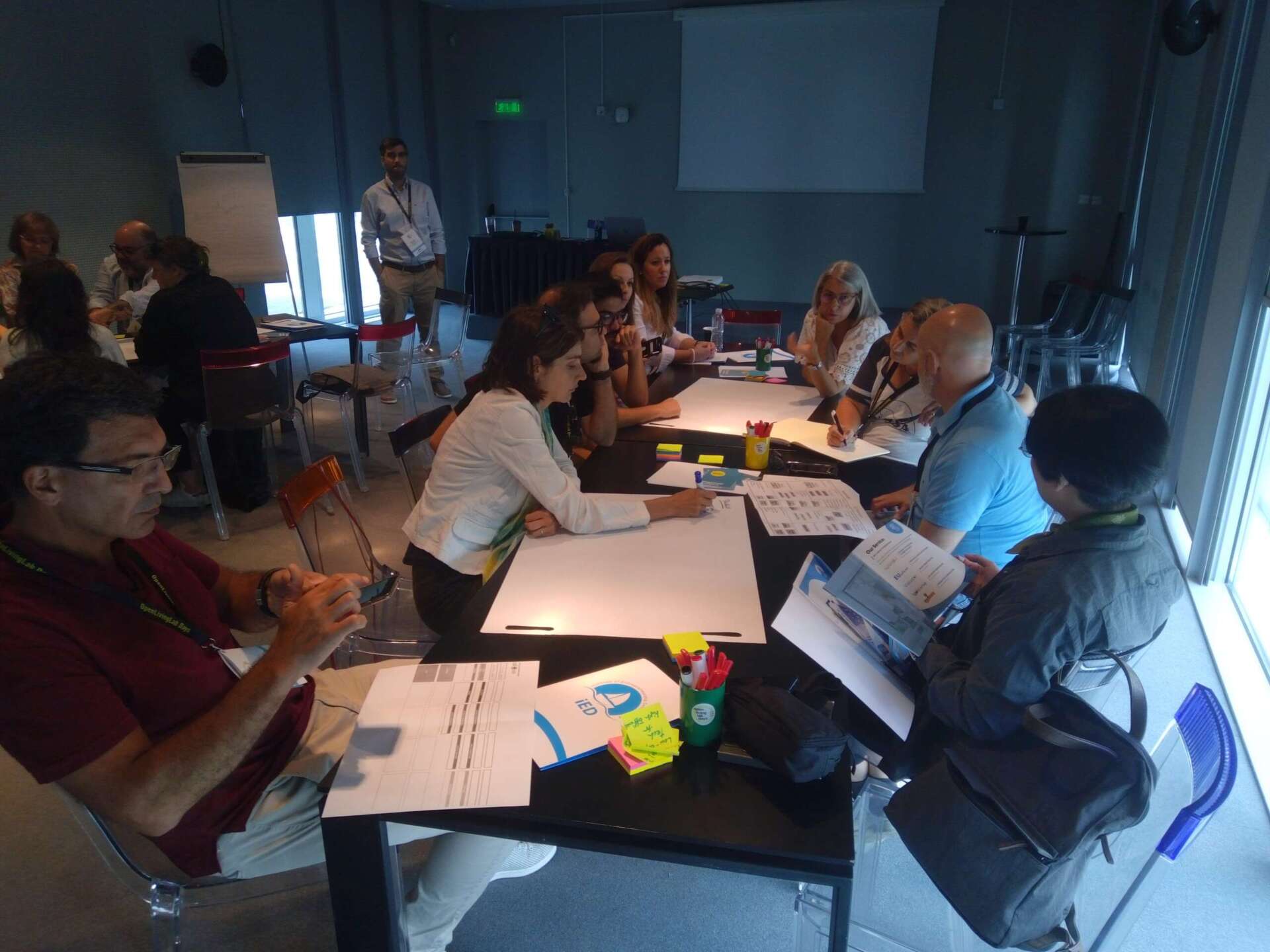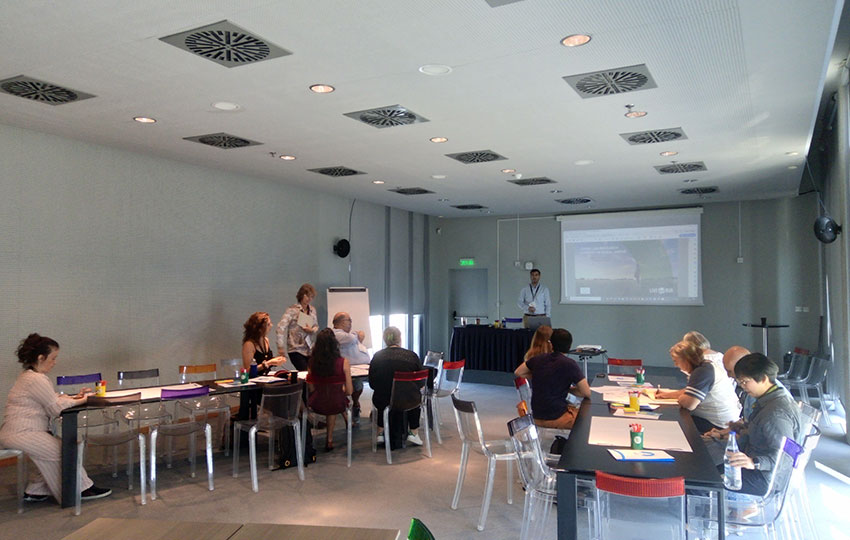The basis for the strategic development in the rural economies is the establishment of an innovation ecosystem and association of sustainable stakeholders; users, policymakers, businesses, and researchers, who enter into agreements on the basis and can participate in a longer-term collaboration.
Within this scope, Institute of Entrepreneurship Development, the Regional Fund for Science and Technology of the Azores Regional Government (FRCT) and TR Associates Ltd, as partner organizations of H2020 LIVERUR project, has organized and implemented the workshop entitled “LEAN to Circular Transition through Rural Living Labs” during the Open Living Lab Days conference that took place in Thessaloniki, Greece, 3-5 September 2019.

Main aim / Objective of the workshop
In this workshop, the workshop initiators tackled the broad theme of linear and circular economy through the framework of Rural Living Labs as testbeds. The impacts of the value chain can be analyzed by LEAN to Circular business modeling, learning about tools & methods that will help to transform the global vision into a tangible viable business.
The attendants also got a glimpse into inspiring and existing circular H2020 projects like, LIVERUR and FASTER and were able to share the thoughts and needs with the community to fill up interactively two canvases (LEAN and Circular Business Model Canvas) in two working groups moderated by LIVERUR project partners.

The main objective of this workshop was to identify the scheme of new Circular Rural Living Labs as innovative business models that could be developed in rural areas, and conduct socio-economic analysis to identify, describe and compare the differences between the new approach of Living Lab and more traditional entrepreneurial approaches (mass production, development of prices, optimizing cost structures with companies, rationalization).
Outcomes
The main outcome of the proposed workshop was the adaptation of a new sustainable business model, which derives from the qualification of “business models” with concepts usually raised by theories on corporate sustainability. This particularly includes theories on stakeholder management and sustainable value creation. Consequently, the sustainable business model is a business model that incorporates pro-active multi-stakeholder management, the creation of monetary and non-monetary value for a broad range of stakeholders, and a long-term perspective.

The expected outcome of sustainable value creation is improved performance in economic, environmental and social aspects. This comprises a diverse range of outputs for the benefits of the Circular Rural Living Labs and their stakeholders; including, for example, resource efficiency, resilience to external shocks, a better relationship with employees and communities, and higher profitability.

